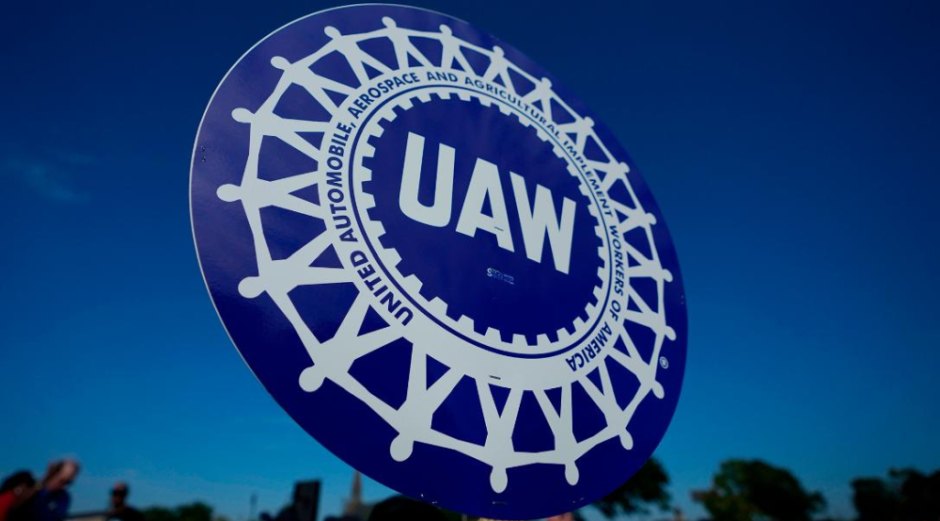United auto workers (UAW) want “an average pay of $300,000 a year for a 4-day work week,” Ford CEO says

The United Auto Workers (UAW) went on strike on Friday, September 15, 2023, after negotiations with Detroit’s three major automakers—Ford, General Motors, and Stellantis—failed to yield an agreement.
The targeted strike marks the first time since 1970 that the UAW has called a strike against all three automakers concurrently. However, what sets this strike apart is that the union has not opted for a simultaneous walkout by all 145,000 members. Instead, they chose a single major assembly plant for each of the three companies.
Meanwhile, Ford and General Motors (GM) have indicated that temporary layoffs may be necessary at their plants impacted by the UAW strike, Detroit Free Press reported. The UAW’s demands are comprehensive and include:
- A substantial pay increase.
- Guaranteed job security.
- Greater involvement in the transition to electric vehicles.
- Restrictions on the utilization of temporary labor and forced overtime.
- Enhanced worker leisure time, including advocating for a four-day workweek.
In response, the automakers have tabled a proposal for a 10% pay increase over four years, which the UAW has flatly refused. In an interview with CNBC, Ford CEO Jim Farley said that the United auto workers want $300,000 a year to work 4 days a week.
“If we sign up for UAW’s request, instead of making money and distributing $75,000 in profit sharing in the last 10 years, we would have lost $15 billion and gone bankrupt by now. The average pay would be nearly $300,000 fully fringed for a 4-day work week,” Farley told CNBC.
The repercussions of this strike are poised to reverberate throughout the auto industry, given that Ford, GM, and Stellantis collectively contribute to roughly 40% of all cars and trucks produced in the United States. This could result in production disruptions and shortages of vehicles, potentially leading to higher prices.
Furthermore, the strike is expected to have political implications. President Biden has urged both the automakers and the UAW to find common ground, expressing concerns about the strike’s potential economic impact.
As of now, the strike remains ongoing, with no clear endpoint in sight. Negotiations continue, but there have been no signs of a breakthrough.
Additional meetings between the UAW and the automakers are scheduled for Monday, September 19, although whether they can reach an agreement to halt the strike remains uncertain.




